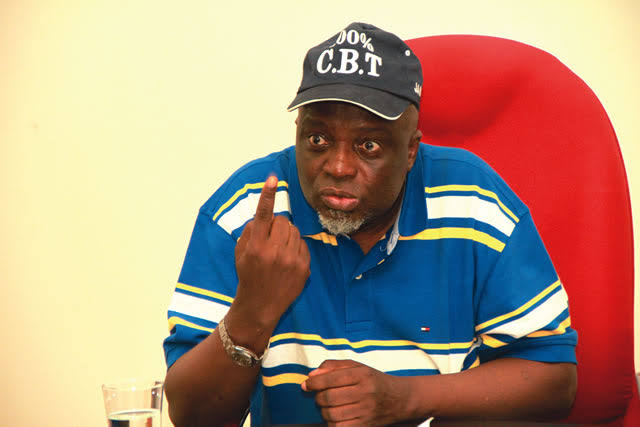The Federal Government has directed the West African Examinations Council (WAEC) and the National Examinations Council (NECO) to fully adopt Computer-Based Testing (CBT) for all their examinations by 2026, describing it as a major step towards eliminating examination malpractice and encouraging genuine academic preparation among students.
The Minister of State for Education, Tunji Alausa, gave the directive on Monday during a monitoring exercise of the ongoing Unified Tertiary Matriculation Examination (UTME) alongside officials of the Joint Admissions and Matriculation Board (JAMB) in Bwari, Abuja.
Mr Alausa explained that by November 2025, both examination bodies must begin conducting their objective papers via CBT, with a complete transition including essay components, expected by May/June 2026.
“By their 2026 exams in May/June, both the objective and essay sections will be fully conducted on CBT. This is how we can eliminate examination malpractices. We want our children to focus on studying, not finding ways to cheat,” he said.
The education minister further disclosed that a high-level committee has been set up to review current examination processes and recommend improvements that meet international standards.
According to him, the committee has been tasked to assess the nation’s examination systems and propose strategies to maintain the highest quality comparable to any global benchmark. “I expect to receive the committee’s report by the end of next month,” he noted.
JAMB registrar speaks

Speaking on the ongoing UTME, JAMB Registrar, Ishaq Oloyede, a professor, addressed concerns about the early start times for candidates.
He clarified that UTME examinations have always commenced at 8:00 a.m., and candidates are only required to arrive by 6:30 a.m. for accreditation.
“The first session starts at 8:00 a.m, the second at 10:30 a.m., the third at 1:00 p.m., and the fourth at 3:30 p.m. These candidates are young; they need time to settle, get accredited, and prepare before exams start. That’s why early arrival is necessary,” he explained.
Mr Oloyede dismissed complaints about candidates being assigned to centres they did not choose, saying investigations had found no evidence to support such claims.
41,000 under-aged candidates registered for UTME
The JAMB registrar noted that more than 41,000 of the 2.03 million registered candidates were underage.
Recall that the board had earlier pointed out that the national minimum admissible age is 16. As such, any candidate below 16 years by September 2025 would not be considered for admission.
He further revealed that over 1.6 million registered candidates had successfully completed their exams, with about 50,000 candidates yet to sit for theirs.
The registrar confirmed that more than 40 candidates had so far been arrested and in police custody for various forms of malpractice, including impersonation and attempting to smuggle out exam questions using hidden cameras. “We will ensure they are prosecuted,” Oloyede assured.
Group slams JAMB, call for reform
Earlier, a group, the Education Rights Campaign (ERC), condemned JAMB for what it described as the ‘grossly insensitive’ practice of posting candidates to CBT centres far from their places of residence, while also mandating early arrivals without regard for their safety.
According to the group, this ‘careless’ scheduling has exposed candidates to tragic incidents, including road accidents. “One of such tragedies is the fatal crash on the Oyo-Ogbomosho road last week, which led to the death of two candidates. There was also the case of a girl who went missing in Epe, Lagos, while travelling ahead of her exam date. She was later found alive in Ijebu Ode.”
The Deputy National Coordinator of the ERC, Ogunjimi Isaac, in a statement, criticised the examination body for responding to the wave of complaints with what he described as a press statement lacking sensitivity or empathy.
“As far as we are concerned, it is a disgrace that, to this day, JAMB has yet to master the art of conducting hitch-free examinations,” Mr Isaac lamented.
He called for an immediate rescheduling of candidates’ arrival time to centres from 6:30 a.m to 8:00 a.m to minimise the risks associated with early morning travel.
He also urged the government to establish more CBT centres in every locality to ease congestion and improve candidates’ safety.



